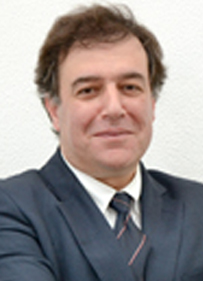Submit your article with keyword "Marine Search and Rescue"
Organisers
Description
In the domain of search and rescue robotics, most of the attention goes out towards contributions made by aerial robots (drones) and ground robots. However, also if we consider the potential for high-impact progress in the near future, then maritime search & rescue robots certainly also have valuable capabilities to bring to the table. Swarms of autonomous seafaring robots would for example be ideal tools for speeding up maritime victim search & rescue operations. Underwater robots, on the other hand, would be perfect tools for damage assessment and supporting cleanup operations after coastal incidents. However, before the widespread operational use of maritime search and rescue robots can become a reality, scientific progress is still required in a number of domains:
- Novel ship designs ensuring seaworthiness at rough sea states
- Novel sensor (processing) architectures, enabling consistent environmental perception also at rough sea states
- Robustness and reliability of long-term autonomous navigation capabilities
- Communication and data-sharing strategies between multi-domain assets
- Interoperability between heterogeneous assets
- Manned – unmanned teaming
- Optimal collaboration strategies between manned and unmanned assets
- The incorporation of the unmanned maritime assets into the standard operating procedures of Search & Rescue workers
This Special Session aims to gather professionals from Academia, Industry and the End-user community to discuss recent progress in the above-mentioned non-limitative list of topics, revolving around the topic of Maritime Search & Rescue.
Note: To submit to this special session, use the keyword “Marine Search and Rescue”








